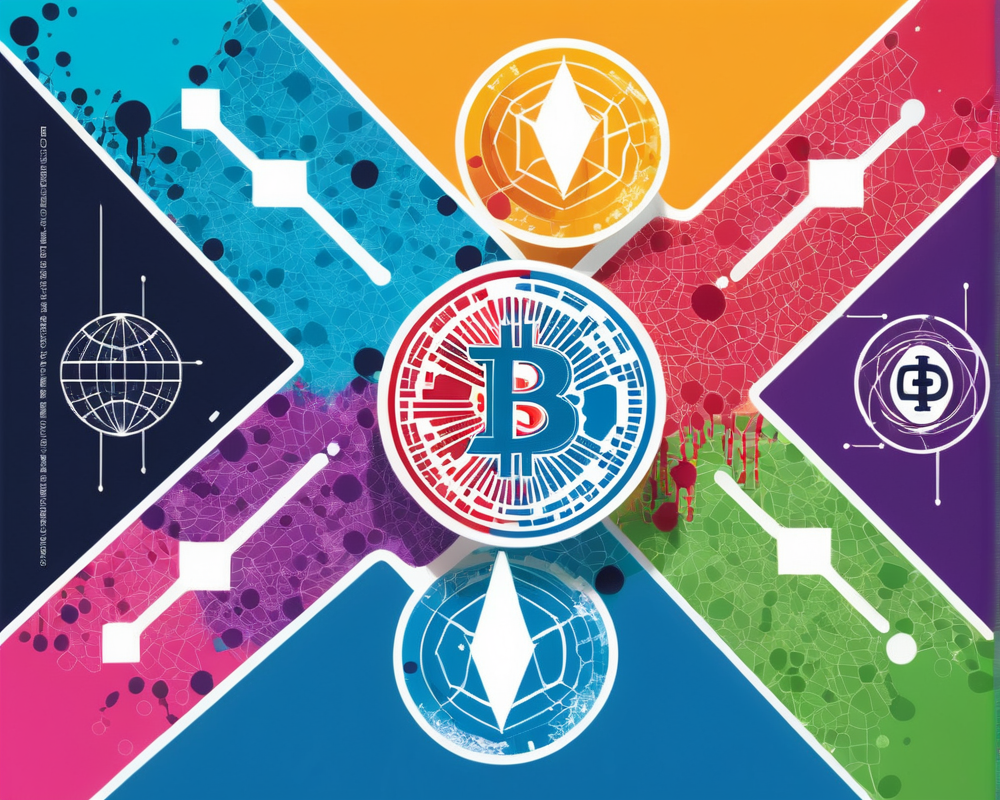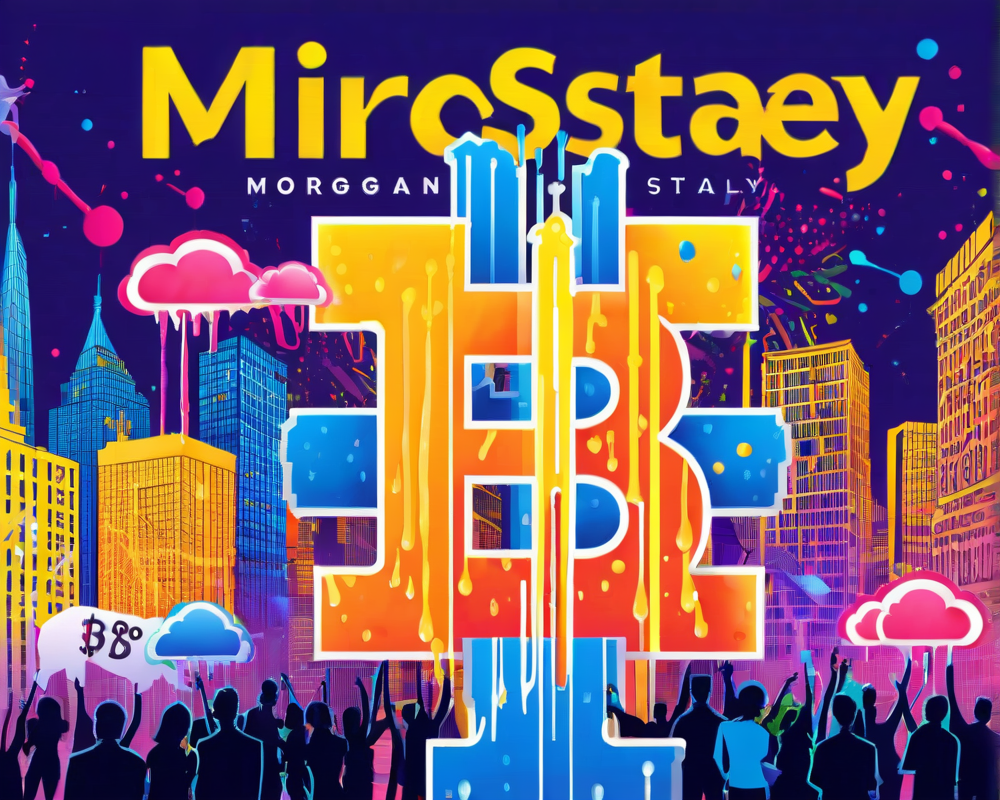Introduction: A New Paradigm in Digital Governance
In the wake of the rise of cryptocurrencies and decentralized platforms, the discourse on governance is becoming increasingly pertinent. Vili Lehdonvirta, an Oxford University social scientist and author, discussed how the development of blockchain technology intertwines with historical concepts of governance in a recent interview with Cointelegraph.
Understanding the Shift in Governance Models
Lehdonvirta’s observations center around the disillusionment some have with the libertarian utopia envisioned by early blockchain pioneers like Satoshi Nakamoto. He emphasized how many individuals are beginning to recognize the autocratic elements inherent in existing digital platforms:
“People are realizing: ‘I’m not living in the libertarian utopia… I’m actually living in an autocracy.’”
The Challenges Presented by Centralization
The emergence of centralized technologies—represented by major players like Amazon and Google—has given rise to the “shadow monopolies” of the tech industry. In this context, the transition to decentralized systems like DAOs (Decentralized Autonomous Organizations) offers alternative governance structures that aim to minimize the concentration of power.
The Kleroterion Analogy
Lehdonvirta drew surprising connections between contemporary blockchain governance and ancient Greek practices, specifically referencing the kleroterion, a machine used for random selection of government officials in Athens. This antiquated method provided a mechanism to ensure power’s rotation, effectively diminishing the likelihood of corruption:
“Just like in ancient Athens, the constant circulation of responsibility meant that the administration would be extremely difficult to corrupt.”
The DAO Experimentation
While many in the crypto community celebrate the decentralization ethos, experts like Lehdonvirta acknowledge that the technology alone won’t solve governance issues. The fluidity of DAOs allows for experimentation with governance models that may challenge established norms. As Lehdonvirta asserted:
“Humanity has been developing governance systems for thousands of years. So why don’t we build on that?”
Moving Past Technological Dogma
The conversation surrounding blockchain isn’t limited to technical advancements; it’s also about cultural values and how governance interacts with them. The insistence on sticking to certain dogmas can inhibit innovation in governance models. Hence, Lehdonvirta encourages the exploration of hybrid approaches that could marry effective governance with decentralized technology.
Looking Toward the Future
As the crypto space continues to evolve, the community is witnessing a blend of perspectives from both tech and social sciences. Many from the crypto sphere are becoming increasingly interested in social and political science, acknowledging that technologies may fail due to flawed governance rather than inherent technical deficiencies.
Conclusion: The Path Ahead for Blockchain and Governance
The conversation about governance and blockchain illustrates that the promise of cryptocurrency extends beyond mere technological innovation. It raises essential questions about our societal structures and how we can build more equitable systems. As we navigate this rapidly changing landscape, integrating lessons from history could be vital in shaping the future of decentralized governance.




